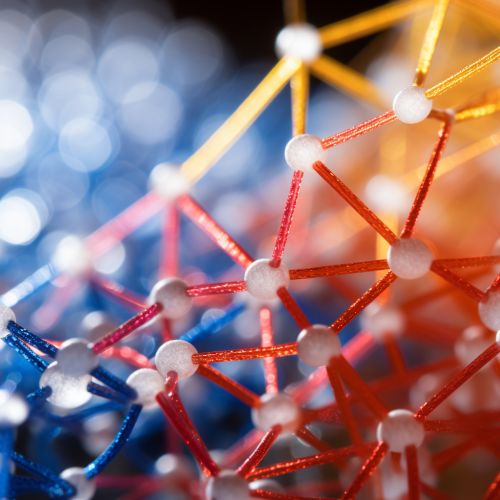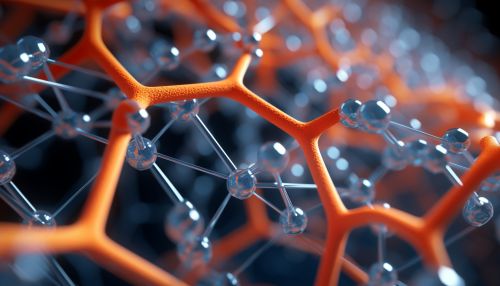Glycobiology
Overview
Glycobiology is a branch of biology that focuses on the study of the structure, function, and biology of carbohydrates, also known as saccharides, that are widely distributed in nature. It is a rapidly growing field in biology, with relevance to health, medicine, energy production, and materials science.
History
The study of glycobiology has a long history, dating back to the 19th century when scientists first began to isolate and characterize sugars. The term "glycobiology" was first coined in the 1980s, marking the emergence of this field as a distinct area of study within the life sciences.
Structure of Glycans
Glycans, or complex carbohydrates, are composed of individual sugar units, or monosaccharides, linked together in various ways. These structures can be linear or branched and can contain anywhere from two to several thousand monosaccharide units. The complexity and diversity of glycan structures is vast, far exceeding that of nucleic acids or proteins.


Function of Glycans
Glycans play a critical role in many biological processes. They are involved in cell-cell recognition, cell adhesion, immune response, and pathogen recognition, among other functions. Glycans attached to proteins (glycoproteins) or lipids (glycolipids) can modulate their function, stability, and location within the cell.
Glycosylation
Glycosylation is the process by which glycans are attached to proteins or lipids to form glycoconjugates. This process is catalyzed by a group of enzymes known as glycosyltransferases. Glycosylation is a critical process in biology, affecting protein folding, cell signaling, and the immune response.
Glycobiology and Disease
There is a growing recognition of the role of glycobiology in disease. Aberrant glycosylation is implicated in a number of diseases, including cancer, cardiovascular disease, and infectious diseases. Understanding the role of glycans in disease is a major focus of current glycobiology research.
Glycobiology and Biotechnology
The principles of glycobiology are also being applied in biotechnology, with applications in the production of biofuels, the development of new pharmaceuticals, and the design of biomaterials. The ability to manipulate glycan structures is opening up new possibilities in these areas.
Future Directions
The field of glycobiology is still in its early stages, and there is much that remains to be discovered. Future research will likely focus on understanding the full complexity of the glycome, the total set of glycans in an organism, and its role in health and disease.
